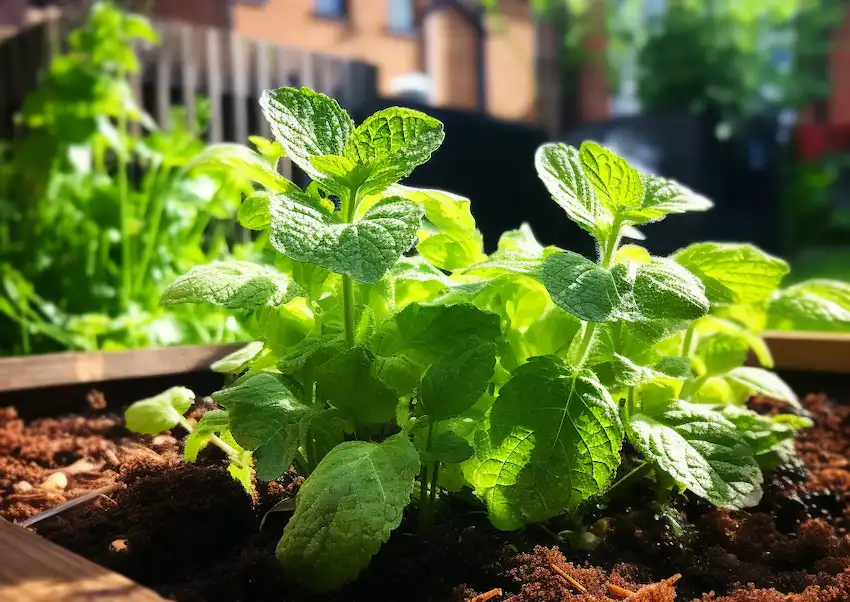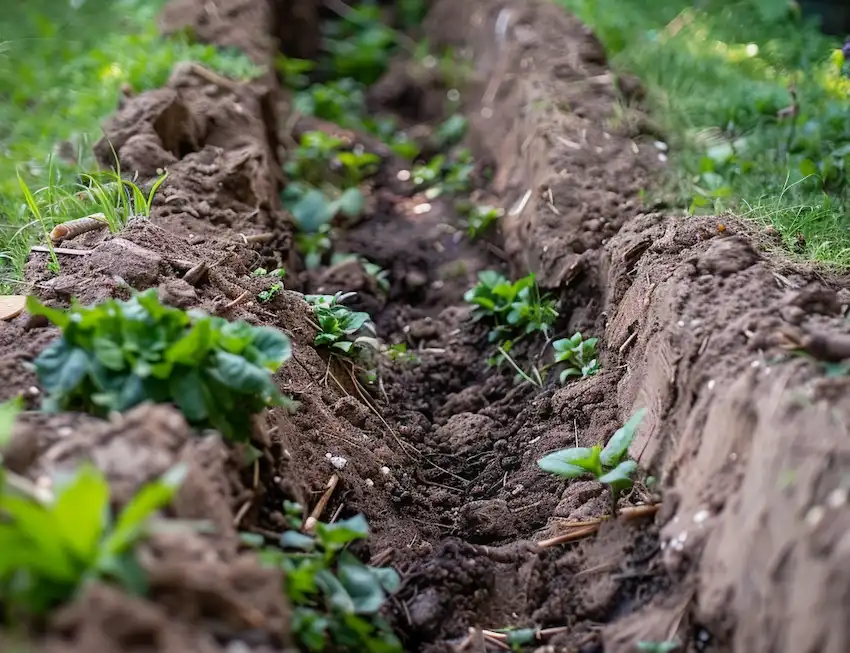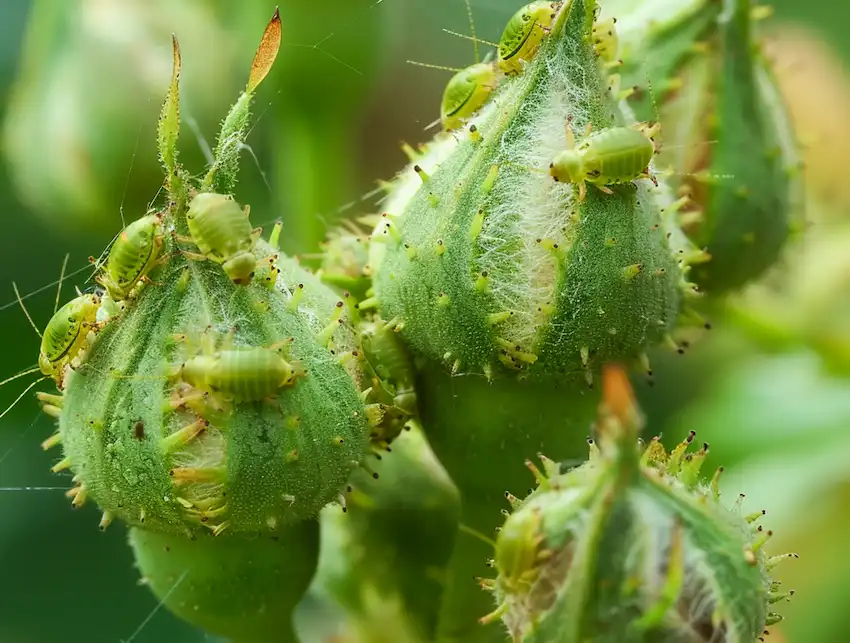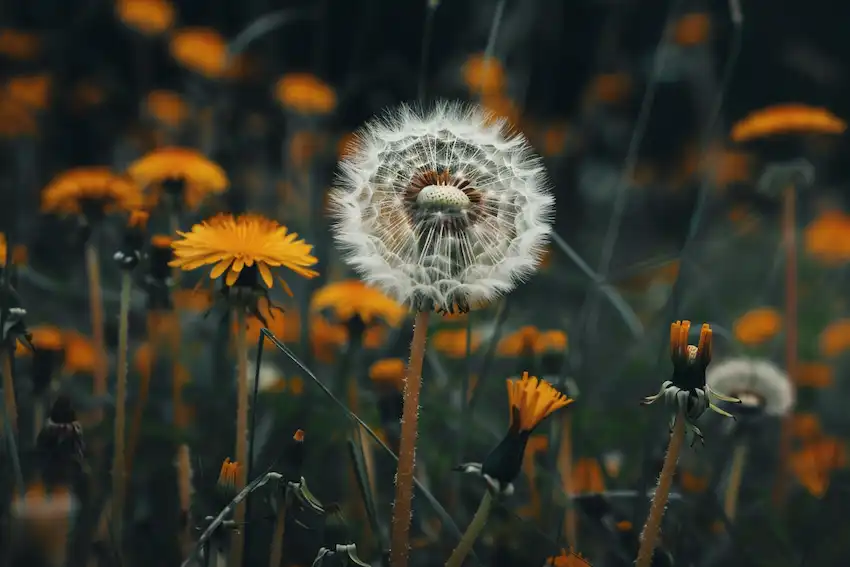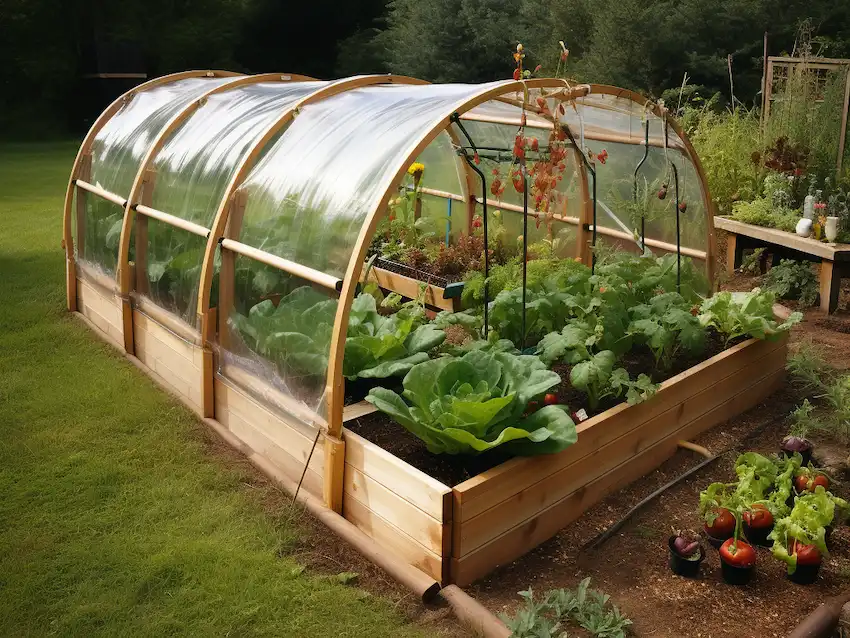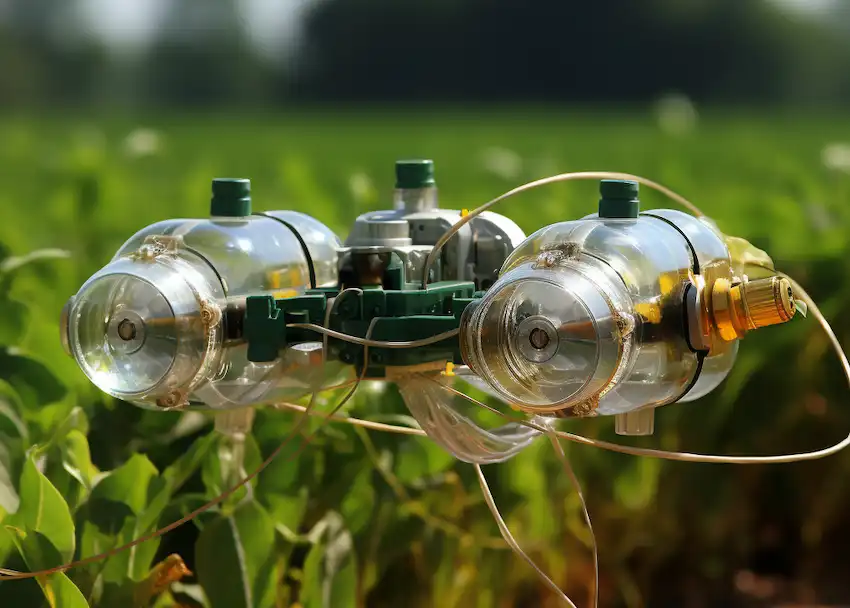Unlocking the Secrets to Growing Tons of Fresh Mint from a Single Cutting
Propagating Mint: A Comprehensive Guide to Growing a Lush Mint Garden from Cuttings Mint is a remarkably versatile and vigorous plant, cherished for its aromatic leaves and wide array of culinary and medicinal uses. Propagating mint from a single cutting is a straightforward process that can yield a thriving mint garden. Whether you’re an experienced … Read more
